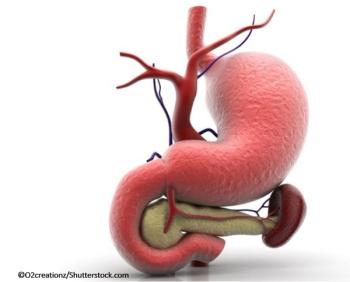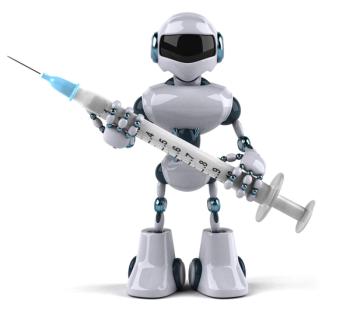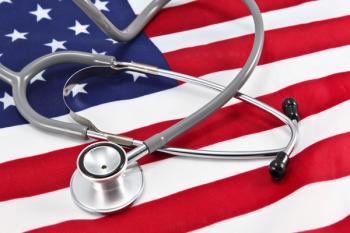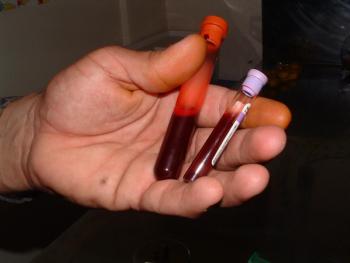
"Primary care docs should be paid more, specialists less. More reimbursement for talking...less for testing and procedures." And, there's more.

"Primary care docs should be paid more, specialists less. More reimbursement for talking...less for testing and procedures." And, there's more.

Clearly, too much medicine can be very bad for your health. And it is also a disaster for the health of our economy.

Doctors who don't know their patients make easily avoidable technical mistakes that can have tragic consequences. The best way "to do no harm" is to know and understand your patient.

We need doctors who understand life and people, not just lab test readouts and scientific papers.

“Quick, operate before the patient gets better” is one of those jokes surgeons tell among themselves, barely covering a hard truth: that a lot of elective surgery might be unnecessary or even harmful.

In your effort to achieve a perfectly healthy body, you wind up hurting your health.

Sage advice for your patients: people who don’t change their behavior to prevent falls are almost sure to have them.

The merging of primary psychiatric care with primary medical care is urgently needed. Here’s why.

I recently saw a great cartoon. A patient is surrounded by doctors, all turned away from him viewing their respective computer screens. The caption: patient-centered medicine.

My friend has lung cancer, writes this physician. I am getting in the habit of joining him at his visits. But you shouldn’t need to bring along a doctor to protect you from your doctors.

There is a strange healing power in a doctor's words that has allowed doctors to be useful over the millennia even when their treatments were ineffective or harmful. Reduced fear and renewed hope are wonderful medicines.

Curing medical excess will not be easy. Harmful overtesting and overtreating is promoted and protected by the enormous economic and political power of the medical industrial complex. Here's just a beginning list of what needs to be done . . .

Much of the wasteful extravagance of US health care comes from the secrecy that surrounds its pricing. You wouldn't think of buying a car or a house or even a bar of soap without knowing what is the price and calculating its value to you. How about using the Internet to introduce price competition?

We doctors need to recognize our limitations and do the best we can within them. Confronting the reality of uncertainty almost always beats the creation of a false certainty.

In the opinion of this psychiatrist and former chair of the chair of the DSM-IV Task Force, the changes in the newly approved DSM-5 will loosen diagnosis and threaten to turn our current diagnostic inflation into diagnostic hyperinflation. There are direct implications for primary care physicians and pediatricians.

Despite its caveats and good intentions, the AAP guideline will surely invite an inappropriate glut of medication for preschoolers . . .

Published: June 25th 2013 | Updated:

Published: September 10th 2013 | Updated:

Published: September 13th 2013 | Updated:

Published: October 18th 2011 | Updated:

Published: December 6th 2012 | Updated:

Published: September 24th 2014 | Updated: